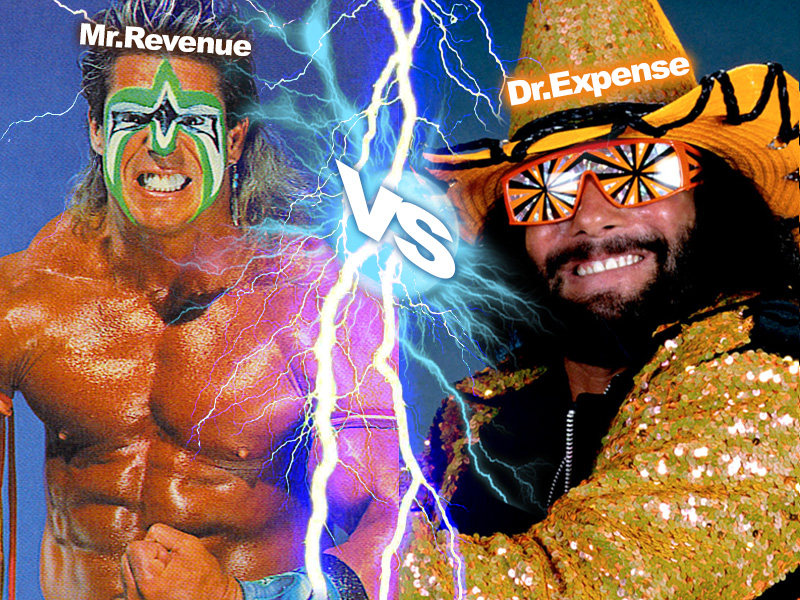Since IBM axed 1,500 jobs in Australia three years ago, “offshoring” them for the sake of cheap Asian labour, assorted government departments have slung the Big Blue at least $1.35 billion in contract work.
The most celebrated of this taxpayer largesse was, ahem, the recent national census; a debacle of the first order.
Multinational companies are infamous for “offshoring” their profits and “onshoring” their expenses in order to dodge tax. The question is, are they also – while offshoring their jobs – still onshoring their expenses from these offshore jobs? Even from jobs won from government contracts, taxpayer-funded jobs?
In the year of its job purge, IBM Australia and New Zealand Holdings Ltd racked up total income of $4.162 billion against tax deductible expenses of $4.1 billion. In this, the computer giant is typical of most multinational companies operating here; their big sales are suspiciously and consistently offset by equally big costs. In turn, these big costs deliver a deliberately small profit on which very small amounts of tax have to be paid.
We put this question to IBM last week: was IBM claiming as tax deductible expenses in this country the costs it incurred offshore; the costs of the census for instance?
IBM ducked for cover. We thought it a fair question though. Was it reasonable for a multinational company to jag lush government contracts, send the work offshore, then claim tax deductions for it here?
Of course, some of the digital new guard – the eBays Googles and Ubers of the world – don’t even deem their businesses here to be Australian businesses at all, and bill directly from low-tax jurisdictions offshore, thereby eliminating both income tax and GST.
It is a standard lurk of the multinational to load up its costs in Australia in order to deliver as little profit as possible. As tax is paid on profits it is better to funnel profits to a tax haven and keep costs high here.
In IBM’s case, its tax expense in 2014 was $60 million and its tax payable just $6 million. Tax deductible expenses as a percentage of total income stood at 98.56 per cent.
Some interesting analysis by a contact estimates the Tax Office would collect an extra $22.4 billion in one year alone in income tax payments if a 90 per cent ceiling were imposed on tax deductible expenses. It would wipe out more than half the projected budget deficit this year alone.
Based on the Tax Office data released in December for Australia’s top 1539 public and foreign private companies, this research shows $1.63 trillion in total income. Of these companies, 579 paid zero tax.
This is just a one-year picture mind you but it makes for very annoying reading. Take Travelex Australia Holdings Pty Ltd, the company that fleeces you when you go to change money at the airport. Total income $1.683 billion for the year, total expenses $1.6826 billion. Taxable profit $568 million, tax expense $13.7 million.
Overall, for all companies on the list, tax payable as a percentage of total income was 1.7 per cent and tax payable as a percentage of taxable income was 16.2 per cent.
If IBM is claiming tax deductions for large licks of “legitimate expenses” in Australia, for work it has sent offshore, it would not be alone. Other international companies such as
Accenture Australia – to which ATO has outsourced data collection and preparation – have also moved work across borders and sacked thousands of local employees.
Some are even more brazen. And if there were any doubt that multinationals were guilty of aggressively and unreasonable ratcheting up their costs, you need only look at the Big Four Australian banks whose tax deductible expenses as a percentage of revenue were only 73 per cent to 77 per cent (compared with 90 per cent plus).
Some telling figures:
* Over 1200 of the companies on the list had tax deductible expenses exceeding 90 per cent of total income.
* Many have an 100 per cent ratio and therefore pay zero company income tax.
* The tax figures for local companies are skewed by the high level of large trusts, mostly property trusts, whose members are expected to pay tax on distributions rather than the trust.
Michael West established Michael West Media in 2016 to focus on journalism of high public interest, particularly the rising power of corporations over democracy. West was formerly a journalist and editor with Fairfax newspapers, a columnist for News Corp and even, once, a stockbroker.



